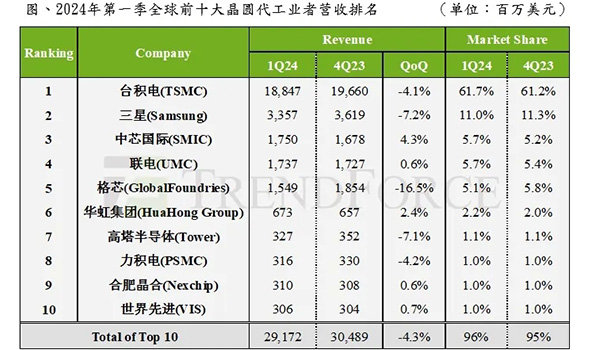

 News
News Industry News
Industry NewsIn the wave of continuous evolution in the technology industry, Samsung Electronics has recently taken important steps. According to Bloomberg, on June 13th local time, Samsung Electronics unveiled a detailed chip manufacturing technology roadmap at its highly anticipated annual foundry forum, aiming to consolidate and enhance its leading position in the artificial intelligence (AI) chip foundry market.
Samsung predicted at this forum that with the rapid development of artificial intelligence technology, its AI related customer list is expected to expand fivefold by 2028, while revenue will also achieve a nine fold increase. This prediction not only demonstrates Samsung's optimistic attitude towards the future market, but also reflects its profound layout and strategic vision in the field of AI chip foundry.

In the technology roadmap, Samsung Electronics specifically introduced its innovative back power supply network technology. According to Samsung, this technology has improved power, performance, and area compared to the traditional first generation 2 nanometer process, and can significantly reduce voltage drop. The introduction of this technology is expected to provide more efficient and stable power support for AI chips, thereby promoting further development of AI technology.
In addition, Samsung also emphasized its comprehensive capabilities in logic, memory, and advanced packaging. The improvement of this comprehensive capability will enable Samsung to better meet the customer's demand for high-performance and highly reliable AI chips, thereby winning more outsourcing manufacturing orders.
In addition to back power supply network technology, Samsung has also announced plans for a GAA (Full Surround Gate) processor based on AI design. Among them, the second-generation 3-nanometer GAA processor is expected to achieve mass production in the second half of this year, and GAA technology will continue to be provided in the upcoming 2-nanometer process. In addition, Samsung has confirmed that preparations for its 1.4nm technology are proceeding smoothly, with the goal of achieving mass production by 2027. This series of technological innovations and product planning will undoubtedly further enhance Samsung's competitiveness in the field of AI chip foundry.
Although data from market research firm TrendForce Consulting shows that Samsung Foundry's revenue declined in the first quarter due to the off-season of the smartphone season and the shift of Android mid range smartphones and peripheral companies to domestic substitution, its global market share remained stable at 11%. This data also reflects Samsung's sustained influence and market competitiveness in the global chip foundry field.
Overall, Samsung Electronics has demonstrated its strong strength and firm confidence in the field of AI chip foundry by announcing its AI chip foundry technology roadmap and a series of technological innovations and product plans. In the future, with the continuous development and application of artificial intelligence technology, Samsung is expected to achieve even more brilliant results in the AI chip foundry market.
Faust Technology focuses on the field of power devices, providing customers with power devices such as IGBT and IPM modules, as well as MCU and touch chips. It is an electronic component supplier and solution provider with core technology.